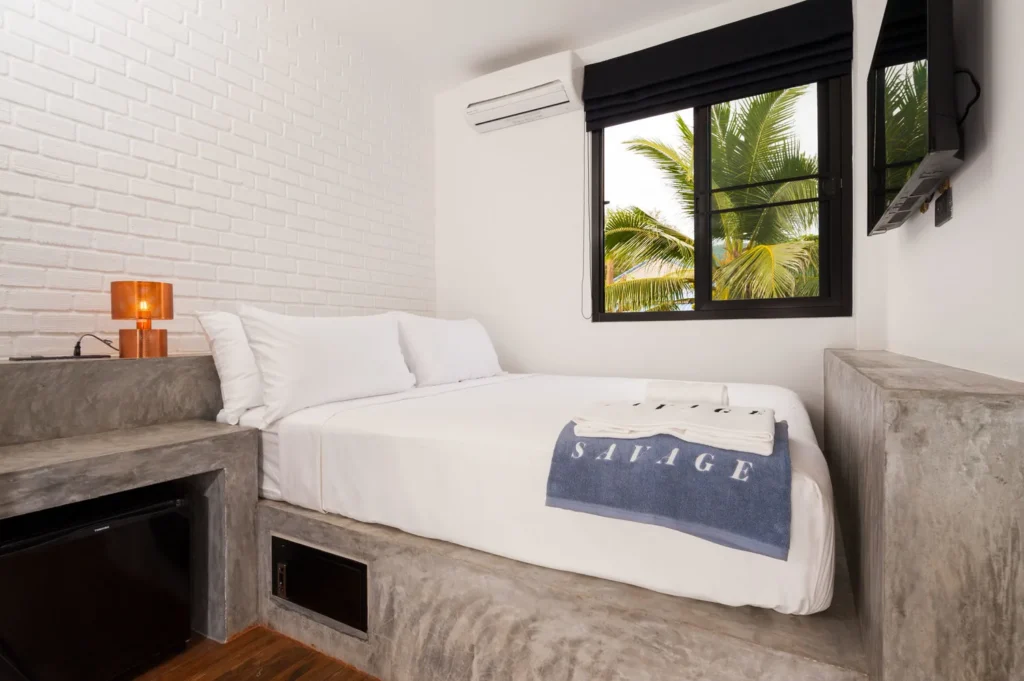Crypto Is Quietly Going Mainstream in Thailand—Here’s Why Bangkok and Phuket Are Leading the Shift
July 14, 2025

Crypto in Thailand Is No Longer Just Theory—It’s Happening in Real Life
Once dismissed as a speculative trend, crypto in Thailand is starting to look a lot more… normal. In 2025, a quiet but notable shift is happening: people aren’t just trading Bitcoin—they’re spending it. And the country’s tourist hotspots, particularly Bangkok and Phuket, are turning into low-key testing grounds for this transition from crypto wallets to real-world transactions.
So, what’s changed—and what’s driving this adoption on the ground?
Thailand’s Two-Speed Crypto Shift: Tech Capital vs. Island Innovation
Crypto activity in Thailand is evolving along two parallel paths. In Bangkok, the country’s capital and tech hub, the shift is being led by urban professionals, digital nomads, and small business owners. These early adopters are using platforms like Bitkub and Binance TH to make everyday crypto payments slightly more convenient than before.

In Phuket, the story is different—but just as interesting. The island’s tourist economy, shaped by short stays and global visitors, has proven surprisingly receptive to alternative payments like USDT. Independent villa owners, boutique wellness retreats, and beachfront bars have started accepting crypto—not through formal infrastructure, but through informal, practical arrangements that simply work.

Why Now? The Conditions Fueling This Quiet Uptick
A few key forces are converging in 2025 to make crypto spending—particularly in BTC and USDT—a more natural choice in Thailand:
1. Frustration With Traditional Banking
For tourists and expats, navigating Thai banking rules can be an exercise in paperwork and friction. Foreign account transfers, exchange rates, and ATM limits all contribute to a sense of hassle. Crypto, by contrast, offers a borderless and fast solution—especially for people who already have digital assets ready to go.
2. Stablecoins Are Making It Practical
Bitcoin is still seen as too volatile for small transactions, but USDT (and other stablecoins) are filling the usability gap. Vendors are far more willing to accept a currency that holds steady value and processes quickly via wallets like MetaMask or Trust Wallet.
3. Social and Cultural Cues
Thailand’s visibility in the global Web3 and crypto scene can’t be ignored. Events like Blockchain Week and the growing presence of tech-forward expats have normalized crypto conversations—so much so that scanning a QR code for a smoothie or a massage isn’t seen as unusual anymore in certain areas.

Credit from : Avast
Where Crypto Is Already Being Used (Without Much Noise)
Though still far from mainstream, real-world crypto acceptance is happening more than most people realize.
In Bangkok, select businesses in Sukhumvit and Silom districts—cafés, spas, and gadget stores—are starting to allow crypto payments, often on request. The infrastructure exists, even if the signage doesn’t.

In Phuket, things are more fluid. Private hosts, retreat organizers, and local tourism service providers often accept crypto via direct wallet transfers. No third-party platform, just an agreement and a QR code.
It’s not formalized—but it’s working. And the fact that so many of these interactions rely on word of mouth (or posts in Telegram groups and Reddit threads) speaks volumes about how organic this trend really is.

What’s Still Holding Crypto Back in Thailand?
Despite the momentum, some barriers remain:
- Legal ambiguity: While trading is legal, crypto use for retail purchases still lives in a gray zone. Businesses sometimes opt to convert crypto to baht immediately to play it safe.
- Technical friction: Wallet compatibility, gas fees, and coin confusion (TRC20 vs ERC20) can still cause issues for both customers and vendors.
- Lack of awareness: Many travelers simply don’t know crypto is an option for payments—and businesses don’t always promote that they accept it.
Even so, none of these obstacles appear to be stopping the gradual adoption among those who are already active in the crypto space.
Looking Ahead: Will Thailand Be a Model for Regional Crypto Use?
Thailand’s unique combination of tourism, tech culture, and financial complexity may make it a prime candidate for continued crypto experimentation. With a growing segment of the population already trading and holding digital assets, the leap from holding to spending is becoming less daunting.
If stablecoins continue to gain traction, and if Thai regulators offer clearer guidance on merchant adoption, the country could evolve into a leading case study in real-world crypto use in Southeast Asia.
Conclusion: From Trend to Reality?
Crypto spending in Thailand may not be everywhere—but it’s undeniably real. Bangkok and Phuket, in particular, are showing what a grassroots, user-driven adoption curve looks like when left to develop without much noise.
So while you may not be paying for groceries with Bitcoin just yet, you might be surprised by how many small transactions can already be done with a QR code and a bit of crypto knowledge. The hype phase is over. Now, it’s about utility—and Thailand, slowly but surely, is starting to deliver.
